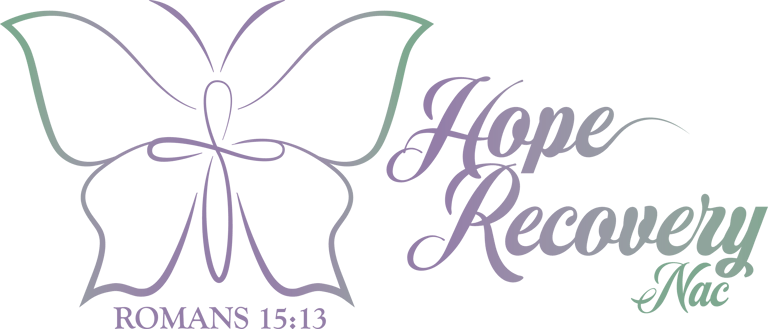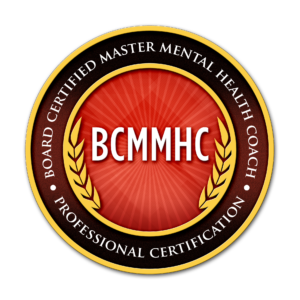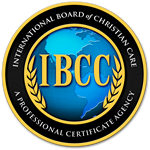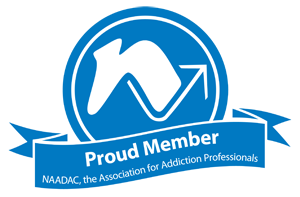Embracing the Journey: Returning to Recovery After a Relapse
Understanding Relapse
6/10/20245 min read


Embracing the Journey: Returning to Recovery After a Relapse
Relapse. The word alone can evoke a whirlwind of emotions—shame, guilt, fear, and disappointment. For many on the path to recovery, relapsing can feel like a devastating setback, casting a shadow over the progress made. But here's the truth: relapse is not the end of your journey. It's a part of it. Every step you take back into recovery is a testament to your resilience and courage.
Understanding Relapse
Relapse is often viewed as a failure, but it’s essential to shift this perspective. Recovery is not a linear path; it’s a journey filled with ups and downs. Relapse can happen to anyone, and it's more common than you might think. Studies indicate that relapse rates for substance use disorders are similar to those of other chronic diseases like diabetes, hypertension, and asthma. This isn't to excuse relapse but to normalize it as a part of the process for many.
Relapse can occur for various reasons: stress, triggers, complacency, or a moment of vulnerability. It doesn’t negate the progress you've made. Instead, it provides a moment to reassess and recommit to your recovery journey. Recognizing that relapse is part of the process can help reduce feelings of shame and disappointment.
Facing Shame and Condemnation
Shame and self-condemnation are powerful forces that can hold you back from seeking the help you need. These feelings are natural but not insurmountable. Here are some ways to combat them:
Self-Compassion: Treat yourself with the same kindness and understanding you would offer a friend. Acknowledge your humanity and the difficulties you've faced. Remind yourself that everyone makes mistakes and that you are deserving of forgiveness and understanding.
Scripture Reference: "The Lord is merciful and gracious, slow to anger and abounding in steadfast love. He will not always chide, nor will he keep his anger forever. He does not deal with us according to our sins, nor repay us according to our iniquities." (Psalm 103:8-10, ESV)
Reframe the Narrative: Instead of seeing relapse as a failure, view it as a learning opportunity. What triggered the relapse? What can you do differently moving forward? Each setback can teach you something valuable about your triggers and coping mechanisms.
Scripture Reference: "And we know that for those who love God all things work together for good, for those who are called according to his purpose." (Romans 8:28, ESV)
Seek Support: Shame thrives in isolation. Reach out to your support network—family, friends, sponsors, or fellow members in your recovery program. Sharing your experience can alleviate the burden of shame and provide you with much-needed encouragement. Others have likely faced similar struggles and can offer empathy and guidance.
Scripture Reference: "Therefore encourage one another and build one another up, just as you are doing." (1 Thessalonians 5:11, ESV)
Steps to Re-engage in Recovery
Acknowledge the Relapse: Honesty is the cornerstone of recovery. Acknowledge what happened without judgment. This is the first step toward healing and moving forward. Denial or minimizing the relapse can hinder your progress, so face it head-on with honesty and courage.
Seek Immediate Support: Contact your sponsor, a counselor, or a trusted friend who understands your journey. Their support can provide clarity and motivation to get back on track. Don’t hesitate to ask for help; it’s a sign of strength, not weakness.
Recommit to Your Program: Attend meetings, re-engage in therapy, and immerse yourself in the recovery community. Familiar routines and environments can provide a sense of stability. Revisit the tools and strategies that have helped you in the past, and be open to trying new ones.
Set New Goals: Reflect on what led to the relapse and set new, realistic goals for your recovery. Whether it's increasing your meeting attendance, finding new coping strategies, or engaging in self-care, setting goals can provide direction and purpose. Break down your goals into manageable steps to avoid feeling overwhelmed.
Learn and Adapt: Use the relapse as a learning experience. Identify triggers and vulnerabilities, and develop new strategies to manage them. Adaptation is a key part of long-term recovery. Consider working with a therapist or counselor to gain deeper insights into your behavior and develop personalized strategies.
Finding Hope and Strength
Returning to recovery after a relapse is a brave and commendable step. Here are some affirmations and reminders to keep you inspired:
You Are Not Alone: Many have walked this path and emerged stronger. Your story is one of resilience, not defeat. Connecting with others who have faced similar challenges can provide a sense of community and solidarity.
Progress Over Perfection: Recovery is about progress, not perfection. Celebrate your small victories—they are the building blocks of your success. Focus on the positive changes you've made and the efforts you're putting into your recovery.
Every Step Counts: Each step you take back into recovery is a step toward a healthier, more fulfilling life. Keep moving forward, no matter how small the steps may seem. Every action you take, no matter how minor, is a step in the right direction.
Your Worth is Unconditional: Your value and worth are not defined by your mistakes but by your willingness to keep trying. You deserve love, compassion, and a chance to start anew. Remember that your past does not determine your future, and you have the power to create positive change.
Conclusion
Relapse is a challenging part of the recovery journey, but it doesn't have to define you. Embrace your setbacks as opportunities for growth and learning. Reach out for support, recommit to your recovery program, and remember that you are capable of achieving lasting change. Every day is a new chance to move forward, and with each step, you are reclaiming your life. Keep the faith, stay hopeful, and know that a brighter future awaits.
Personal Stories of Hope
Sometimes, hearing the stories of others who have overcome relapse can provide powerful motivation and hope. Here are a few brief anecdotes from individuals who have faced relapse and come back stronger:
Sarah's Story: Sarah had been in recovery for three years when she relapsed during a particularly stressful period at work. She felt devastated and ashamed, but she reached out to her sponsor and rejoined her support group. With their help, she identified new stress management techniques and is now celebrating her fifth year of sobriety.
Mike's Journey: Mike struggled with relapse multiple times over several years. Each time, he felt like giving up, but he persevered, learning more about his triggers and coping mechanisms. Today, Mike is an advocate for others in recovery, sharing his story to inspire and support those who feel hopeless after a relapse.
Emily's Experience: After a year of sobriety, Emily relapsed at a family gathering. She was overwhelmed with guilt but decided to attend a local meeting the next day. The support and understanding she received from others in the group helped her regain her confidence, and she has been sober for two years since that incident.
Remember, your story is still being written. Each day, each decision, and each step forward is a testament to your strength and determination. Keep moving forward, and know that you are not alone on this journey.
References
National Institute on Drug Abuse (NIDA)
Substance Abuse and Mental Health Services Administration. (2021). "Key Substance Use and Mental Health Indicators in the United States: Results from the 2020 National Survey on Drug Use and Health (NSDUH)."
McLellan, A. T., Lewis, D. C., O'Brien, C. P., & Kleber, H. D. (2000). "Drug dependence, a chronic medical illness: implications for treatment, insurance, and outcomes evaluation." JAMA.
Narcotics Anonymous Member Shares Recovery Journey. (2022). "Sarah's Story of Overcoming Relapse." NA World Services.
Alcoholics Anonymous Inspirational Testimonies. (2021). "Mike's Journey: From Relapse to Advocacy." AA World Services.
SMART Recovery Community Success Stories. (2023). "Emily's Experience: Finding Strength After Relapse." SMART Recovery.









